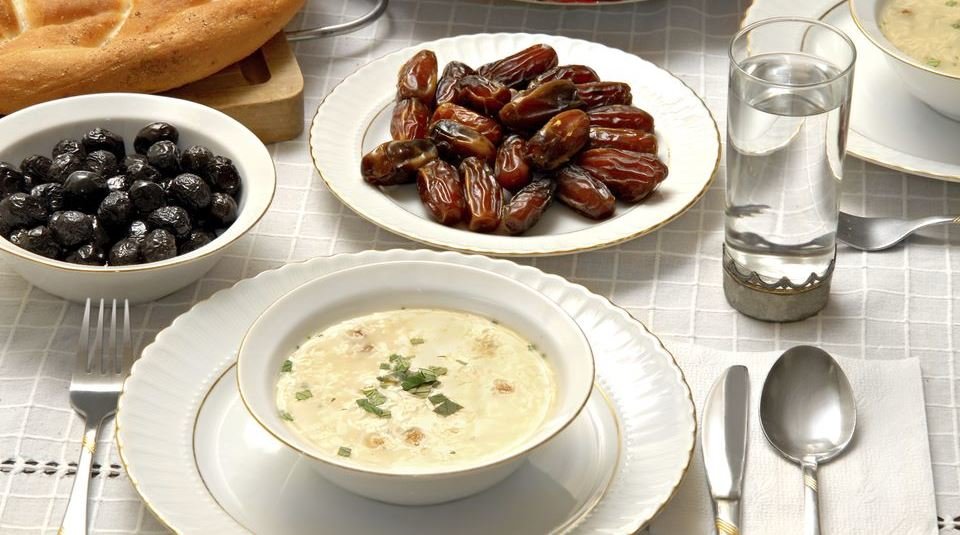Health tips for Ramadan
Part 6

Fasting during the holy month of Ramadan is seen as a way to purify spiritually as well as physically - a time to detach from material pleasures and be closer to God. The act of fasting is also believed to increase Muslims' piety, reminding them that others are less fortunate than themselves.
Fasting involves abstaining from all food, drink from sunrise to sunset. Muslims will wake up before sunrise for Morning Prayer and to eat before the day's fast begins. Most will break their fast alongside their families in the evening with a communal “Iftar” meal, typically often started with dates.
Children and elderly people are exempt. Pregnant or breastfeeding women, anyone who is sick and anyone travelling on a journey are also exempt.
Nonetheless fit and able adults are expected to fast which could be pretty beneficial to the body.
The Iranian traditional medicine has provided the Muslims with some dietary recommendation to avoid illnesses and discomfort after long fasting days.
Here are some tips:
Eat less sweats
It is better to cut back on sweets such as halve (a dessert made with flour, rosewater and oil), Sholezard (an Iranian traditional saffron rice pudding dessert), or Zulbia and Bamiyeh (traditional deep fried sweets) as they are rich in sugar and fat and consuming them in large quantities might work up thirst, cause poor digestion, spoil appetite and increases risks for obesity.
It is better to eat them in very small quantities and two hours after Iftar.
How to avoid sever thirst
Smelling apple, cucumber, lemon, and rosewater, washing or spraying face and neck with cold water and rosewater, avoid spending long hours outside and not involving in mental and physical activities especially in hot places, wearing light colored clothes to keep cool, rubbing violet or almond oil on the belly, cheeks, forehead and behind the ears, and taking rests in dark and cool places with cool scents would help to avoid sever thirst.
Seyed Mahdi Mirghazanfari, MD, holds a PhD degree in medical physiology and is an Iranian-Islamic traditional medicine researcher. He is also an assistant professor in AJA University of Medical Sciences, Tehran.
MQ/MG
